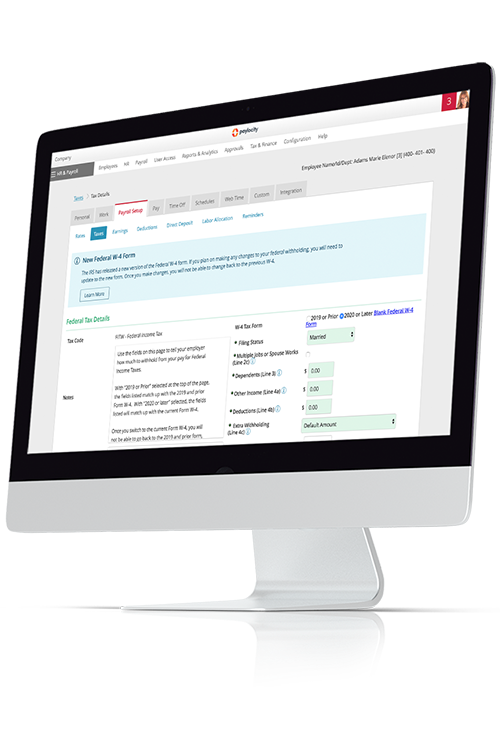resources
Supreme Court Issues Opinion on Overtime Eligibility
February 23, 2023

At A Glance
- The Supreme Court has held that highly compensated employees are eligible for overtime payment if their compensation is calculated solely on a daily basis.
- A daily rate worker does not qualify as salary exempt simply because their daily pay rate is above the minimum amount to qualify for exemption from Fair Labor Standards Act (FLSA) requirements.
- Employees that are paid on a daily or hourly basis may still qualify for exemption from overtime pay, so long as an employer also provides a guaranteed weekly amount approximating what an employee usually earns in addition to the other requirements.
Helix Energy Solutions Group v. Hewitt
In Helix Energy Solutions Group v. Hewitt, the Supreme Court held with a 6-3 majority that an employee paid on a daily basis is eligible for overtime compensation in spite of the fact that the employee earned over $200,000 annually. Highly compensated employees should be paid overtime if their compensation is calculated strictly on a daily or hourly basis.
In the opinion delivered by Justice Kagan, the Court examined the salary basis requirement of employees exempt from overtime compensation. Compensation on a daily or hourly basis is not sufficient to meet the requirements to be exempt. Employees paid on a daily basis may have their total compensation reduced based on how many days are worked during a workweek. This opportunity for compensation reduction based on days worked fails to meet the requirements of the applicable law that the “basis” for which pay is calculated must be at least weekly.
The employer, Helix Energy Solutions Group, claimed that because the employee was paid biweekly and that amount of compensation was greater than the $455 minimum weekly pay required at the time to be considered exempt from overtime, then the employee could be classified as exempt and was not entitled to overtime payment. It was not disputed that the employee met the job duties requirement of the FLSA exemption for executive employees.
The Court reasoned that the frequency of wage payment (weekly, biweekly, etc.) is not equivalent to the frequency of time worked on which the pay is calculated. In order to qualify for exemption from the Fair Labor Standards Act’s (FLSA) overtime compensation requirements, an employee must receive a predetermined amount of salary for any week in which work is performed and without regard for the number of days or hours worked. A daily rate worker does not qualify as salary exempt simply because their daily rate is high. Employees that are paid on a daily or hourly basis may still qualify for exemption from overtime pay, so long as an employer also provides a guaranteed weekly amount approximating what an employee usually earns in addition to the other requirements.
Next Steps
As a result of this opinion, employers should examine the compensation structure of exempt employees to determine whether current practices align with this Supreme Court opinion and existing law.
Since this lawsuit was filed, the Department of Labor has increased the minimum salary amount to qualify for exemption. Generally, employees must earn a salary of at least $684 per week. While salary exempt employees must be paid on a salary basis, permissible deductions from exempt employee compensation may still be made. Permissible deductions can be found on the Department of Labor’s website for Fact Sheet 17G.
Thank you for choosing Paylocity as your Payroll Tax and HCM partner. This information is provided as a courtesy, may change and is not intended as legal or tax guidance. Employers with questions or concerns outside the scope of a Payroll Service Provider are encouraged to seek the advice of a qualified CPA, Tax Attorney or Advisor.


